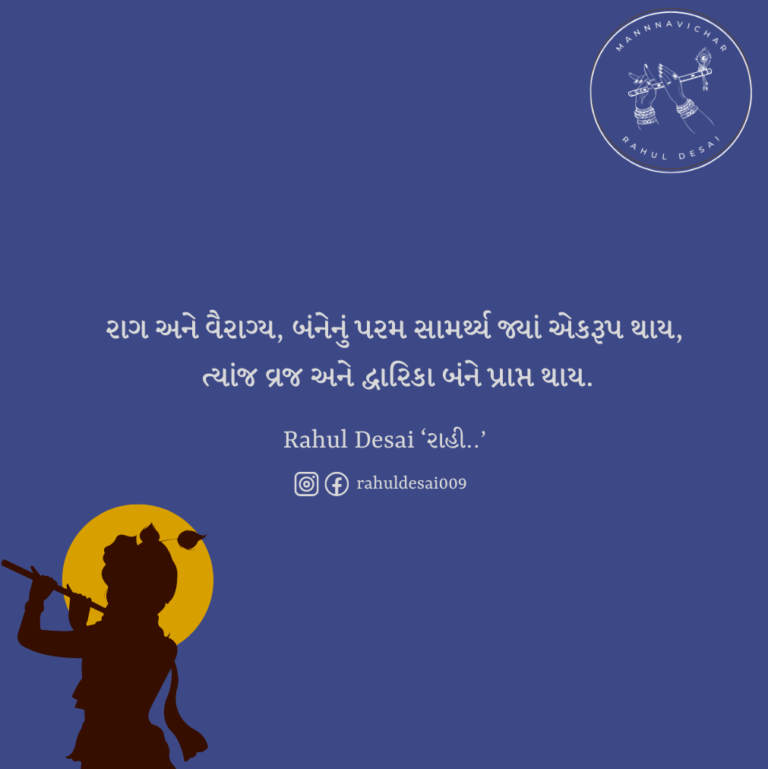Bhagavad Gita Shloka 6 in both Sanskrit and English with detailed meaning from our ancient and sacred poetry Srimad Bhagvad Gita. This is an effort by our author to re-incline people on the path of Bhakti and Dharma and to understand the way to live Life.
युधामन्युश्च विक्रान्त उत्तमौजाश्च वीर्यवान् |
सौभद्रो द्रौपदेयाश्च सर्व एव महारथा: || BG 1.6 ||
Yudhāmanyuśca vikrānta uttamaujāśca vīryavān |
saubhadro draupadeyāśca sarva eva mahā-rathāḥ || BG 1.6 ||
Translation
“There are also the mighty Yudhāmanyu, the very powerful Uttamaujas, the son of Subhadra (Abhimanyu), and the sons of Draupadi—all of them great chariot warriors.”
Word-by-Word Meaning
Yudhāmanyuḥ — Yudhāmanyu (a mighty warrior); ca — and; vikrāntaḥ — powerful, courageous; Uttamaujāḥ — Uttamaujas (another strong warrior); ca — and; vīryavān — very mighty, heroic; Saubhadraḥ — the son of Subhadra (Abhimanyu, the son of Arjuna); Draupadeyāḥ — the sons of Draupadi; ca — and; sarve — all; eva — indeed; mahā-rathāḥ — great chariot warriors (those capable of fighting 72,000 warriors simultaneously)
Detailed Meaning and Explanation
In this verse, Duryodhana continues to describe the formidable warriors on the Pandava side to his teacher Dronacharya. His tone carries a mix of admiration and concern as he lists the heroic fighters, highlighting their valor and strength.
- Yudhāmanyu and Uttamaujas:
Both were renowned for their bravery and exceptional combat skills. Yudhāmanyu was known for his aggressive fighting style, while Uttamaujas was a courageous protector on the battlefield. They served as key protectors for Arjuna’s chariot in the war. - Saubhadra (Abhimanyu):
Abhimanyu, the son of Arjuna and Subhadra, was incredibly young but fearless. He was famous for his ability to penetrate the Chakravyuha (a complex military formation), a skill he had learned while in his mother’s womb, listening to Arjuna’s instructions. - Draupadeyāḥ (The Sons of Draupadi):
Draupadi had five sons, one from each of the Pandavas—Prativindhya, Sutasoma, Shrutakarma, Shatanika, and Shrutasena. Despite their youth, they were valiant warriors, well-trained in martial arts and warfare. - Mahārathāḥ:
This term signifies elite warriors capable of handling vast armies on their own. By referring to these warriors as mahārathāḥ, Duryodhana acknowledges their extraordinary capabilities.
Philosophical Reflection
While Bhagavad Gita Shloka 6 primarily deals with the military arrangement, it subtly reflects on human tendencies. Duryodhana, despite his arrogance, cannot ignore the strength of the Pandavas’ army. This shows how even in overconfidence, reality cannot be denied. It also highlights that true warriors are respected by both friends and foes alike.
Related Verses To Read
Bhagavad Gita Shloka 1.1
Bhagavad Gita Shloka 1.2
Bhagavad Gita Shloka 1.3
Bhagavad Gita Shloka 1.4
Bhagavad Gita Shloka 1.5
Allow me to introduce myself as an aspiring writer with a passion for inspiring individuals in both their personal and professional journeys. My aim is to shed light on the essence of life, emphasizing the significance of relationships and fostering personal growth. Through my writing, which encompasses small quotes, short poems, and articles, I strive to empower others to navigate life's complexities with clarity and purpose.






